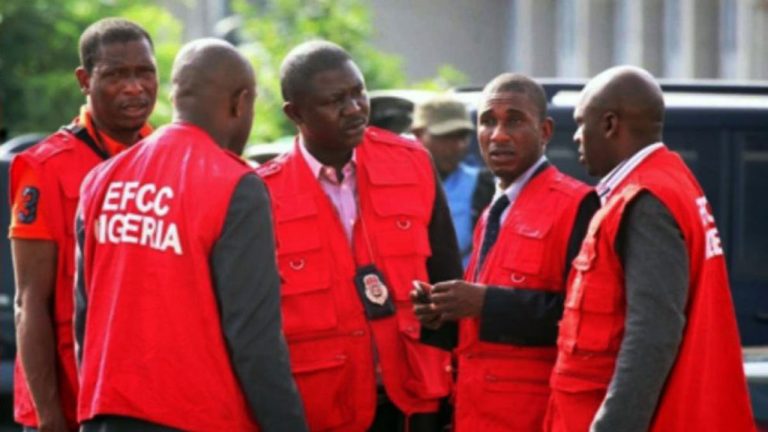The conduct of the Economic and Financial Crimes Commission (EFCC) in its dealings with former Kogi State Governor, Yahaya Bello, has brought to light serious concerns about the agency’s methods and adherence to due process. The EFCC, mandated to investigate corruption and financial crimes, appears to be straying from the fair and transparent procedures expected of a body of its stature.
Yahaya Bello, who is facing accusations related to money laundering and the misappropriation of public funds, did not shy away from the allegations. He made the decision to visit the EFCC’s headquarters in Abuja, seeking to cooperate with the investigation. However, instead of using the opportunity to question him, the agency allowed him to leave, with no further explanation provided. Surprisingly, a few hours later, the EFCC released a statement labeling him a wanted person.
This puzzling shift in tone took a darker turn that same evening. According to reports from his media aide, Michael Ohiare, operatives of the EFCC stormed the Kogi State Government Lodge in Asokoro, allegedly with the intention of arresting Bello. Ohiare even mentioned that gunshots were fired, raising serious questions about the agency’s approach. This aggressive action, particularly against someone who had voluntarily submitted himself earlier, seems excessive and uncalled for.
The EFCC’s behavior in this case suggests a departure from the principles of fairness and due process. When a public figure makes themselves available for questioning, the appropriate legal steps should be taken in a transparent and orderly manner. The resort to force later that night points to a lack of coordination within the agency, if not something more troubling—a potential political agenda.
Such actions only serve to damage the EFCC’s credibility. The Nigerian public, already weary of institutions being used for political purposes, may interpret this case as yet another instance of an agency prioritizing dramatic arrests over justice. This perception must be corrected, as it undermines both the legitimacy of the EFCC and the broader fight against corruption.
If the EFCC has concrete evidence against Yahaya Bello, the proper course of action is to pursue the case in accordance with the law, without intimidation or spectacle. The unnecessary use of force, particularly when Bello had earlier cooperated with the agency, only raises doubts about the true motives behind the EFCC’s actions.
The fight against corruption in Nigeria is too critical to be undermined by questionable practices. The EFCC should be an impartial institution, operating with integrity and transparency, rather than engaging in actions that could be seen as politically motivated. Trust in the Commission is essential for its success, and incidents like this only erode that trust.
It is imperative that the EFCC re-evaluates its approach and ensures that its operations are guided by professionalism, respect for the law, and a commitment to justice. By doing so, the agency can reinforce its credibility and restore public confidence in its mission to tackle corruption without fear or favor.





